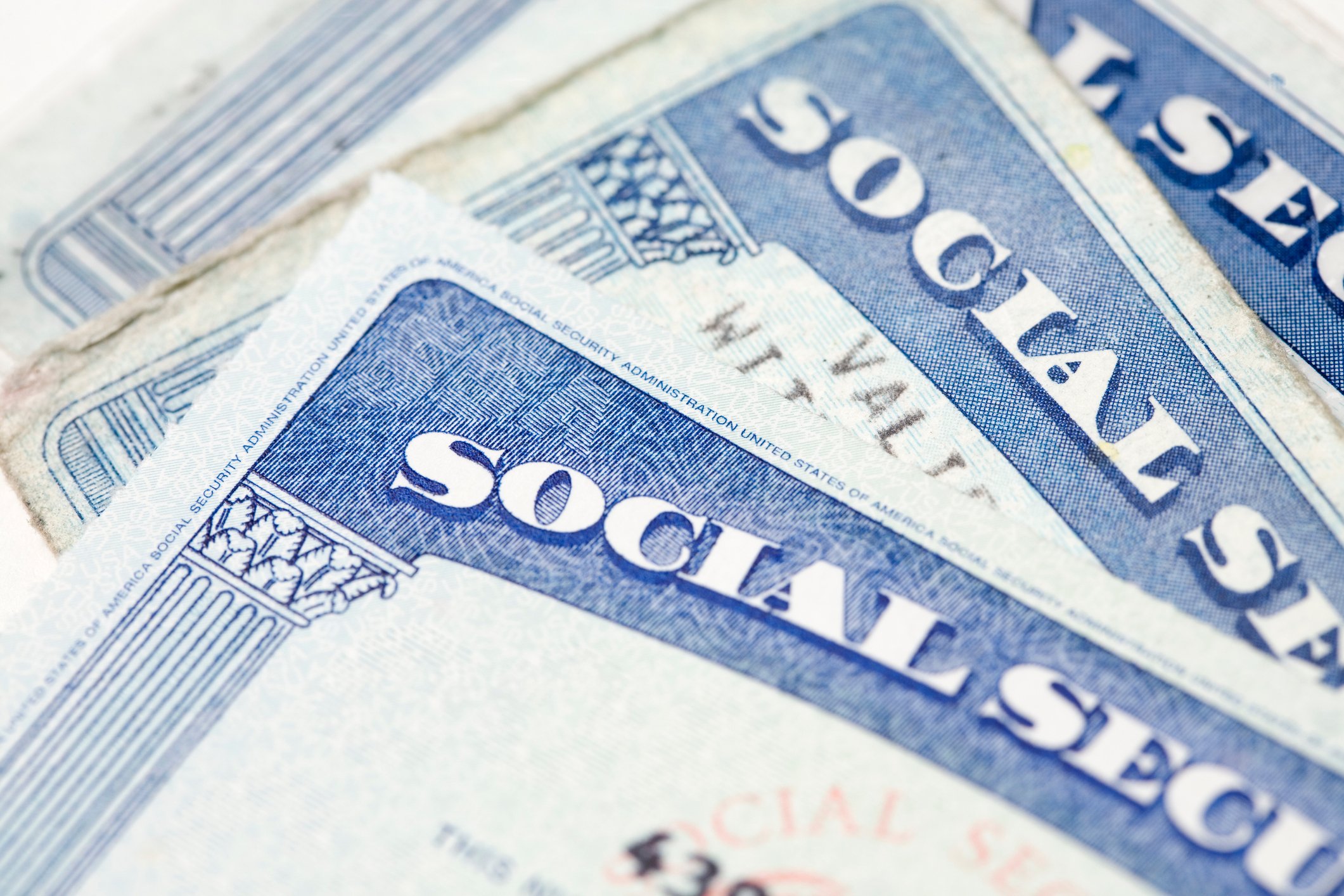Saving money is important. Without an emergency fund, you risk racking up debt when unplanned bills pop up. And without retirement savings, you risk struggling financially during your golden years, and having to make hard lifestyle choices that force you to compromise to an uncomfortable extent. But the more money you waste, the less you'll have available to save, and unfortunately, Americans aren't strangers to throwing money away.
In a wasteful habits study released earlier this year by The Ascent, Americans reveal that they throw away $139 a month, on average, which translates to $1,668 a year. Seeing as how 60% of Americans don't have enough money in the bank to cover a $1,000 emergency expense, and 42% of Americans have less than $10,000 in retirement savings, that's a lot of money to be losing out on.

IMAGE SOURCE: GETTY IMAGES.
What are we wasting money on?
In the aforementioned survey, U.S. consumers are tossing away cash left and right. The most common wasteful habits among Americans include:
- Throwing out leftovers or expired food.
- Buying fast food.
- Purchasing overpriced beverages.
- Giving in to impulse buys.
- Dining out in restaurants.
- Paying needless interest, such as on a credit card.
- Not returning unneeded items after buying them.
- Buying name-brand goods over comparable generics.
- Not comparing prices when shopping.
- Overpaying for digital services.
Some of these traps, however, are fairly easy to avoid. Being smarter about grocery shopping can help you avoid at-home food waste, while being savvier about leftovers can help you save money on fast food and restaurants. Meanwhile, being more judicious about buying fancy beverages -- think overpriced lattes -- could save you a serious amount of money in the course of a year.
Impulse buys, of course, are somewhat hard to avoid. Walk into any store, and there's a deal smacking you right in the face. A good bet, therefore, is to institute the 24-hour rule, which goes like this: Whenever you're tempted to purchase something on the fly, force yourself to wait a full 24 hours to go through with it. Chances are, during that time, you'll realize you either don't need the item in question, or that you shouldn't be spending money on it.
Now, let's focus a minute on a few wasteful habits that really just boil down to laziness, like not returning unneeded items or failing to comparison-shop. Both are easily avoided with a modicum of effort. And if you're the type who tends to favor name brands, train your brain to consider cheaper alternatives with regard to food products, medications, and even clothing. Again, you stand to save a fair chunk of money in the course of a year.
Finally, pay down existing credit card debt to avoid losing money to interest charges, and only pay for digital services you actually use. Many of today's streaming services, for example, are fairly budget-friendly, but it only makes sense to pay those fees if you're actually going to benefit from the services in question.
Change your mindset
A big part of not wasting money boils down to being more mindful. Take a look at your current spending and see where you're going overboard. Chances are, there are a few expenses you can cut, and if you're behind on emergency or retirement savings, it's imperative that you do so. Many working Americans genuinely struggle to make ends meet, and really have a hard time socking money away in the bank or in an IRA or 401(k). But if your failure to meet your savings goals boils down to being wasteful, it's time to rethink your approach to money management and pledge to make changes for the better.





